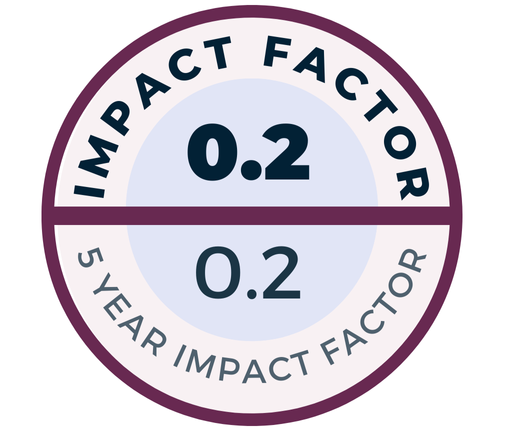Objective: The aim of this study was to evaluate the different factors that may affect graft success in tympanoplasty with mastoidectomy.
Methods: Patients who underwent tympanoplasty with mastoidectomy between September 2004 and July 2010 were included in this study. Patient data were collected retrospectively. The effects of the epitympanic patency, duration of the dry period of the ear, presence of preoperative otorrhea, location of the perforation, status of the middle ear mucosa, and status of the tympanic membrane on the rate of postoperative graft success in patients who underwent tympanoplasty with mastoidectomy were investigated. The chi-square test and Fisher’s exact test were used for statistical analysis.
Results: A total of 130 patients, 74 male and 56 female, with an average age of 35.7 (range: 11 to 56) years were included. The overall success rate for full postoperative graft success was 75%. A >3-month dry period of the ear, absence of preoperative otorrhea, preoperative normal middle ear mucosa, and presence of epitympanic patency significantly increased the postoperative success rate of graft (p<0.001). The presence of preoperative otorrhea and granulation tissue in the middle ear mucosa, presence of preoperative myringosclerosis, and lack of epitympanic patency were significantly associated with graft failure after tympanoplasty with mastoidectomy (p<0.001).
Conclusion: Epitympanic patency, middle ear infection, morphologic features of the tympanic membrane and middle ear mucosa are likely to affect graft success in tympanoplasty with mastoidectomy.
Mastoidektomili timpanoplastide greft başarısını etkileyen faktörler
Amaç: Çalışmanın amacı mastoidektomili timpanoplastide greft başarısı üzerinde etkisi olabilecek faktörleri araştırmaktır.
Yöntem: Bu retrospektif çalışmada Eylül 2004 ile Temmuz 2014 arasında mastoidektomili timpanoplasti ameliyatı geçiren olguların verileri değerlendirildi. Epitimpanik açıklık, kulağın kuru kalış süresi, preoperatif otore olup olmaması, perforasyonun yeri, orta kulak mukozasının ile timpanik membranın durumunun postoperatif greft başarısı üzerindeki etkisi araştırıldı. İstatistiksel analiz için ki-kare ve Fisher exact testleri kullanıldı.
Bulgular: Çalışmada toplam 130 hasta (56 kadın, 74 erkek; yaş ortalaması: 35.7, yaş aralığı: 11-56) dahil edildi. Greft başarı oranı %75 olarak belirlendi. Kulağın 3 aydan daha uzun süre kuru kalması, preoperatif olarak kulak akıntısı olmaması, preoperatif normal orta kulak mukozası ve epitimpanik açıklık oluşu postoperatif greft başarısını anlamlı şekilde artırmıştır (p<0.001).
Sonuç: Çalışmamızın sonuçlarına göre epitimpanik açıklık, orta kulak enfeksiyonu ve timpanik membran ve orta kulak mukozasının yapısal özellikleri mastoidektomili timpanoplasti yapılacak hastalarda prognostik açıdan önem taşımaktadır.

.jpeg)
